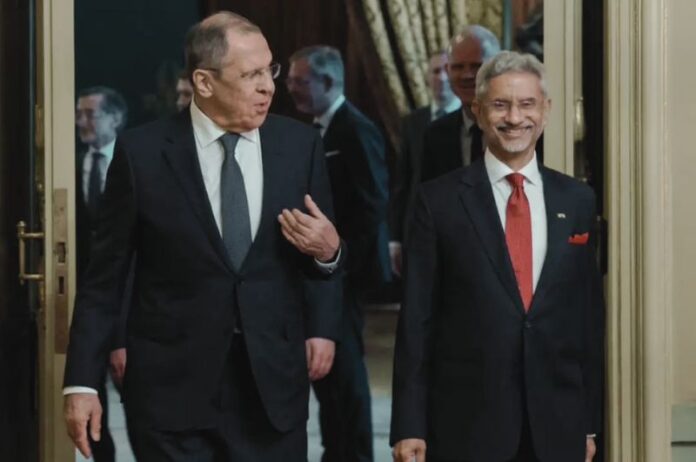External Affairs Minister S. Jaishankar’s recent visit to Russia highlights a significant effort by both India and Russia to enhance their relationship. Despite the unusual length of the five-day visit and the holiday season in Russia, the meetings proceeded with notable success. The rarity of Russian President Vladimir Putin meeting lower-ranking foreign officials further underscores the importance of this visit. This development comes amidst concerns about the state of India-Russia relations following India’s non-participation in the annual leadership summit for two consecutive years since the Ukraine war.
Overcoming Challenges and Building Cooperation
The visit aimed to address perceived differences and resulted in several key agreements. These include further collaboration on the Kudankulam nuclear power projects, enhancing connectivity and trade, resuming talks for the Eurasian Economic Union-India free trade agreement, and joint military production. Additionally, India’s commitment to increase imports of Russian hydrocarbons, despite Western sanctions, signifies the resilience of the Indo-Russian relationship. The announcement of hosting the expanded BRICS summit and continued coordination at the UN and SCO further indicate robust multilateral cooperation.
Future Prospects and Geopolitical Implications
Jaishankar’s assertion of resuming the annual leadership summit in 2024 and his description of the Indo-Russian relationship as a ‘constant in world politics’ send a strong message, particularly to the U.S. and China. The visit’s broader significance lies in its potential to advance the rupee-rouble payment mechanism and expedite the delivery of the S-400 air system. Both supporters and detractors of this relationship will closely examine the geopolitical and strategic alignment between India and Russia in a world that is moving towards multipolarity.



